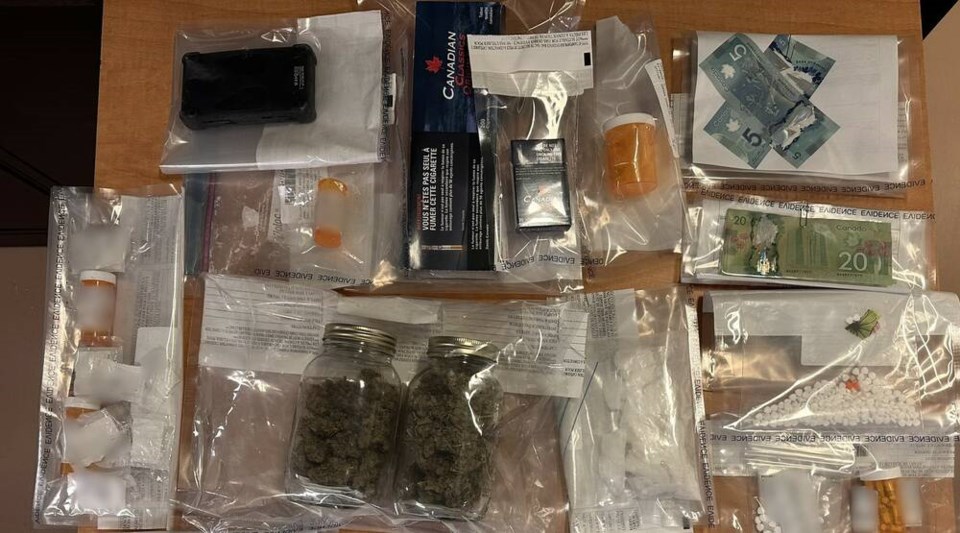A commentary by a Victoria resident.
As long as we leave it to criminals to supply illicit drugs to our addicted population, we will continue losing young people to toxic drugs.
Sadly, lost family members are the tip of the iceberg when it comes to the social costs of our 100-year “war on drugs.” Keeping drugs illegal results in increases in theft, prostitution, and other street crimes, as desperate addicts will do whatever is necessary to come up with the cash for their next fix.
Drug trafficking is the primary source of income for criminal gangs and the drug trade empowers organized crime locally and abroad. Many refugees arriving at the U.S.-Mexican border are fleeing violent gangs, who get their weapons, and power, by supplying illicit drugs to the North American market.
The war on drugs poses tremendous costs for our judicial systems, including the police, courts, and prisons. Thousands are in jail for drug offences and millions more have had their lives forever changed by drug convictions.
The war on drugs has a long history of systemic racism, as minorities and the poor have been much more likely to be targeted, charged, and jailed for drug offences.
A teenager once told me, “drug dealers don’t ask for ID and it is easier for underage kids to get illicit drugs than alcohol.” Even if that’s not true, clearly the war on drugs has not kept toxic drugs out of the hands of children.
Addiction to illicit drugs can lead to poverty, homelessness, and the ensuing social problems, such as tent cities. The mentally challenged are particularly vulnerable to drug pushers.
Overdosages from toxic street drugs pose tremendous burdens and costs upon first responders, emergency rooms, and our entire health care system.
A hundred years ago, we included alcohol in the war on drugs. But the laws against drinking were ignored by many and prohibition ended up empowering ruthless criminals, like Al Capone.
The war against booze was short-lived, largely because alcohol was the drug of choice for white men and they wrote the laws.
Unfortunately, we failed to learn three lessons from prohibition, or our failed war on cannabis. First, in a free society, people will ultimately decide what they will put inside their own bodies. Second, people enjoy the effect of mood-altering drugs and some will ignore laws prohibiting their use. Third, when illicit drug use becomes widespread, the war on drugs causes greater social harm than it does good.
Drug addiction, be it to alcohol, tobacco, caffeine, cannabis or illicit drugs, is an age-old problem that will always be with us. No one likes being addicted and successful rehabilitation should be our primary goal.
Successful treatment of addicts is in everyone’s interest. Everyone, except drug dealers. But there’s no panacea and, sadly, some people will struggle with addiction their entire lives.
A piecemeal approach, like “safe-supply” pilot projects, does not offer a solution. Until we remove criminals from the supply chain, young people will continue dying from toxic drugs of unpredictable strength.
This includes young inexperienced consumers who unwittingly buy fentanyl instead of ecstasy, cocaine, or some other mood-altering drug. No one will ever know what all of these lost young people, and those still to come, might have contributed to our society.
Making illicit drugs legal poses many challenges. More resources are needed to help the addicted and educate people to the risks posed by each and every drug.
But these seem much more manageable than the lost lives and social consequences of leaving it to criminal gangs to supply illicit drugs to our fellow Canadians.
>>> To comment on this article, write a letter to the editor: [email protected]



